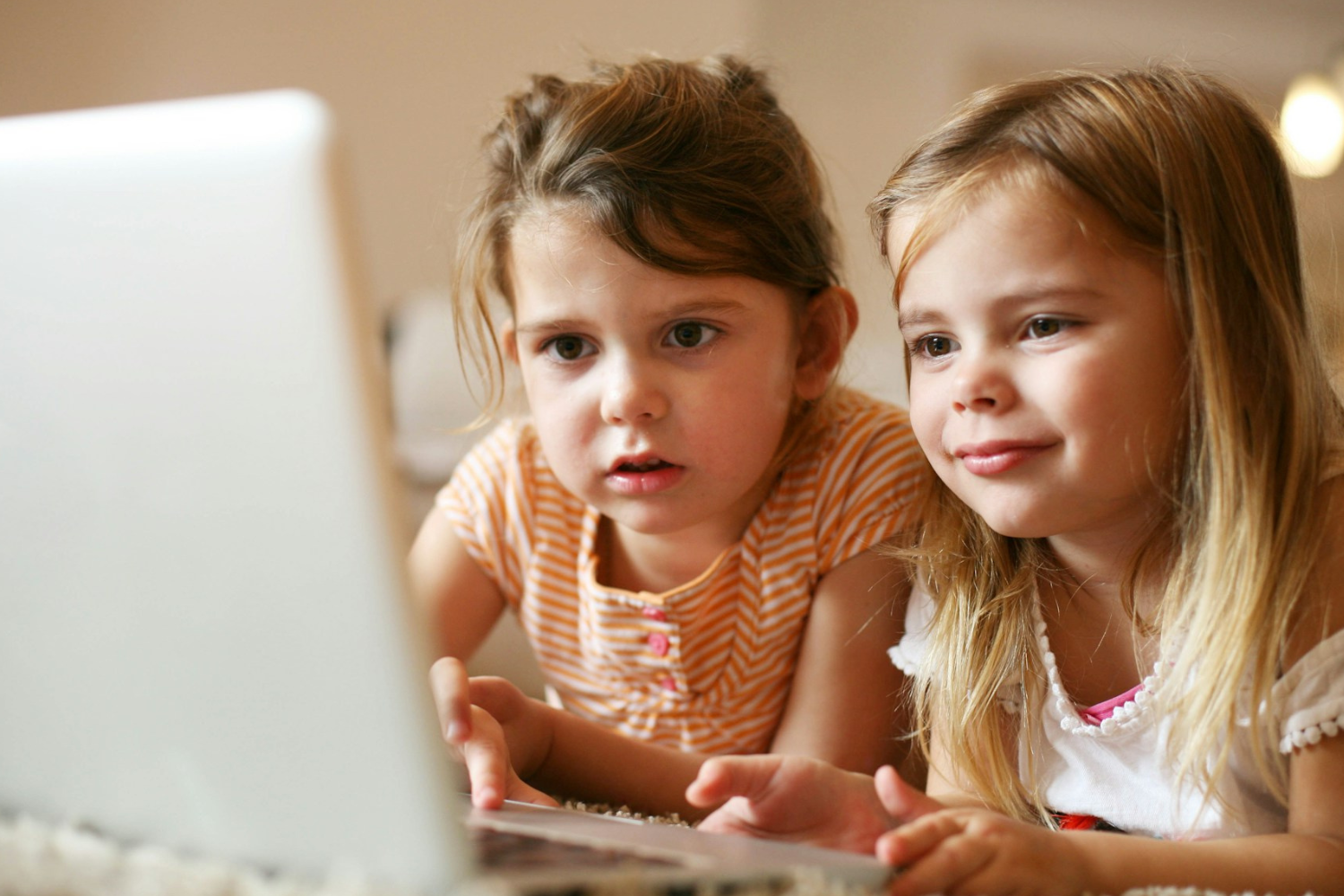Limit Screen Use in Children Under Six, says Psychologist

Image by Getty Images for Unsplash+
“Children who are in regular contact with mobile phone screens, tablets or computers are more irritable and have worse attention, memory and concentration than those who do not use them,” a psychologist has warned.
Parents should strictly ration or not allow screen time for children aged under six, according to a leading neuropsychologist in a new book.
Dr Álvaro Bilbao, Ph.D., uses current and established research to highlight how the risk of psychological and behavioral issues increases the more time young children spend on iPhones and iPads. These include attention deficit disorder, depression and addiction problems.
Introducing screens
In Understanding Your Child’s Brain, the brain injury expert and psychotherapist says devices with screens should ‘find their way into the child’s hands gradually’ once they have developed emotionally and intellectually.
Dr Bilbao says this should be ideally after age six which is also the recommendation from the American Academy of Pediatrics.
The author cites technology gurus Bill Gates and Steve Jobs who have both stated in interviews that they restricted their children’s screen use.
Furthermore, Dr Bilbao reveals he has no apps on his mobile phone or tablet for his three children.
Apps can ‘cause the child to lose interest in other activities that are more beneficial to their development’ says the author. For this reason, he has controversially left the book’s final chapter – on the best apps for under-6s – entirely blank.
“Many parents begin to encourage the use of mobile phones and tablets,” explains Dr Bilbao who trained in the US and the UK.
“Rather than moving towards a greater attention span and greater control of the child’s own mind, in my opinion it provokes a delay…It would be like giving an 800 cc motorbike to a child who has just learnt to walk.
“Occasionally my children use the mobile phone to look through photos of our holiday…and we do it together. Sometimes we look at a song with them and learn the dance moves, but they don’t play games. We also limit their time in front of the television.”
Healthy emotional development
Understanding Your Child’s Brain uses basic neuroscience to explain how small children think, feel and behave in the first years of life. The book aims to help parents solve common child-rearing problems such as tantrums and to promote their offspring’s healthy intellectual and emotional development.
There are four key sections for parents: the fundamentals for understanding child brain development, tools necessary for supporting this growth, how to teach emotional intelligence, and how to strengthen the intellectual brain.
The author likens healthy child brain development to nurturing an oak tree. To grow from ‘seed’ to maturity, children need physical security, a safe environment, and brain ‘watering’ i.e. parental nourishment, and trust/freedom from parents.
Each parenting advice topic outlined in the book is linked to a specific brain area and how this develops in children. Toddler behaviour is controlled by the brain stem (reptilian brain) and limbic system (the paleomammalian or emotional brain) – not the rational brain, according to Dr Bilbao.
Dr Bilbao’s dos and don’ts for parents include:
- Do let children get bored – this encourages creativity
- Don’t use drama to establish limits – shouting at a child disables the part of the brain (cerebral cortex) that helps manages limits
- Do use social (not material) rewards to reinforce rules, for example let your child carry your keys
- Don’t use ‘trick-punishments’, which can cause a lonely child to learn that being scolded gets him/her attention
In addition to screens, the author criticizes extreme approaches used to promote child development. These include ‘natural’ education without rules, big pharma prescribing drugs for children prone to distraction, and unproven ‘miracle programmes’ to turn children into geniuses.
Dr Bilbao says: “A genetically modified tomato, which ripens in a few days…., loses the essence of its flavour…a brain that develops under pressure…can lose part of its essence along the way.”